Birdwatching is more than just a leisurely hobby; it is a profound and meaningful way to connect with nature. Beyond the joy of spotting colorful plumage and hearing melodious songs, birdwatchers play a vital role in wildlife conservation. In this article, we’ll explore the significant impact that birdwatchers have on the world of conservation and the steps you can take to become a conservation-minded birder.
The Passion for Birdwatching
Birdwatchers, or “birders” often called, are a passionate community of individuals who dedicate time, effort, and resources to observe and appreciate birds in their natural habitats. Birdwatching has progressed from a simple hobby to a thriving cultural and scientific phenomenon. A strong sense of responsibility for the preservation of avian species and their habitats is developed in people who practice and learn birdwatching. Numerous factors inspire people who appreciate nature and birds to support wildlife conservation.
The Importance of Birdwatchers in Conservation
1. Citizen Science: Birdwatchers are invaluable contributors to citizen science projects. These projects engage everyday individuals in scientific research by collecting data on bird populations, behaviors, and habitats. Programs like the Great Backyard Bird Count and eBird rely on birdwatchers’ observations to provide scientists with critical information about bird distribution and abundance.
2. Data Collection: Birders are known for their meticulous record-keeping. Their observations of bird species, numbers, and locations are essential for building comprehensive databases that inform conservation efforts. This data helps identify declining species, assess habitat loss’s impact, and track invasive species spread.
3. Conservation Advocacy: Birdwatchers often become passionate advocates for protecting natural areas. When birders witness the destruction of critical habitats, they can use their collective voice to influence policy, lobby for conservation measures, and support initiatives that preserve and restore ecosystems.
4. Funding and Support: Birdwatchers frequently support conservation organizations and initiatives financially. They participate in birding tours and events, donate to bird conservation groups, and contribute to the acquisition and maintenance of protected areas.
5. Education and Awareness: Birdwatchers are excellent ambassadors for nature conservation. They use their knowledge and passion to educate others about the importance of preserving habitats, the value of biodiversity, and the beauty of avian life. This, in turn, fosters a greater sense of responsibility for our environment.
Conservation Success Stories
The contributions of birdwatchers have led to numerous conservation success stories. Here are a few notable examples:
1. The California Condor Recovery Program: Birdwatchers played a crucial role in raising awareness about the critically endangered California Condor. Their observations and support helped secure funding for captive breeding programs, leading to the successful recovery of this iconic species from the brink of extinction.
2. Protection of Important Bird Areas: Birders have identified and advocated for the protection of Important Bird Areas (IBAs) worldwide. These areas provide critical habitats for birds, and their conservation benefits a wide range of species beyond avian life.
3. Monitoring Bird Migration: Birdwatchers have been instrumental in tracking the migration patterns of birds across continents. This knowledge aids in the protection of stopover sites and flyways, ensuring that birds have safe passage during their epic journeys.
4. The Recovery of the Kakapo: Birders in New Zealand has been instrumental in the recovery efforts for the Kakapo, a flightless parrot on the brink of extinction. Through their support and vigilance, they have contributed to the population’s growth.
Becoming a Conservation-Minded Birder
If you’re a bird enthusiast, you can play an active role in conservation efforts. Here’s how to become a conservation-minded birder:
1. Learn About Local Birds: Start by familiarizing yourself with the bird species in your region. Learn to identify them by sight and sound, and keep a birding journal to record your observations.
2. Participate in Citizen Science: Join citizen science initiatives like eBird, the Christmas Bird Count, or Project FeederWatch. These programs allow you to contribute valuable data to scientific research.
3. Support Conservation Organizations: Consider becoming a member of or donating to conservation organizations dedicated to bird protection and habitat preservation, such as the Audubon Society, BirdLife International, or your local birding club.
4. Promote Responsible Birding: Always prioritize the welfare of birds and their habitats. Avoid disturbing nesting birds, stay on designated trails, and follow ethical birdwatching guidelines.
5. Advocate for Conservation: Use your knowledge and passion for birds to advocate for conservation policies and practices. Engage with local authorities, participate in clean-up initiatives, and educate your community about the importance of conservation.
6. Volunteer and Get Involved: Many conservation organizations offer volunteer opportunities, such as habitat restoration, nest box maintenance, and educational programs. Get involved in hands-on conservation efforts.
7. Support Bird-Friendly Practices: Encourage and adopt bird-friendly practices in your community, such as planting native vegetation, reducing pesticide use, and installing bird feeders and birdhouses.
8. Share Your Love for Birds: Inspire others to appreciate and protect birds. Organize birding events, lead birdwatching tours, and share your observations and knowledge on social media or through blogs and articles.
Conclusion
Birdwatchers are not just observers of nature; they are active participants in its preservation. Their contributions, from data collection to advocacy, play a pivotal role in protecting avian species and their habitats. As a birder, you can make a difference by channeling your passion into conservation-minded actions.
Birdwatching is a doorway to a deeper understanding of the natural world and a profound connection with the beauty and diversity of avian life. By fostering a sense of stewardship and embracing the role of a conservation-minded birder, you join a community dedicated to preserving the wonders of the avian world for generations to come. Remember, the act of watching birds can be a powerful force for good in the realm of wildlife conservation.

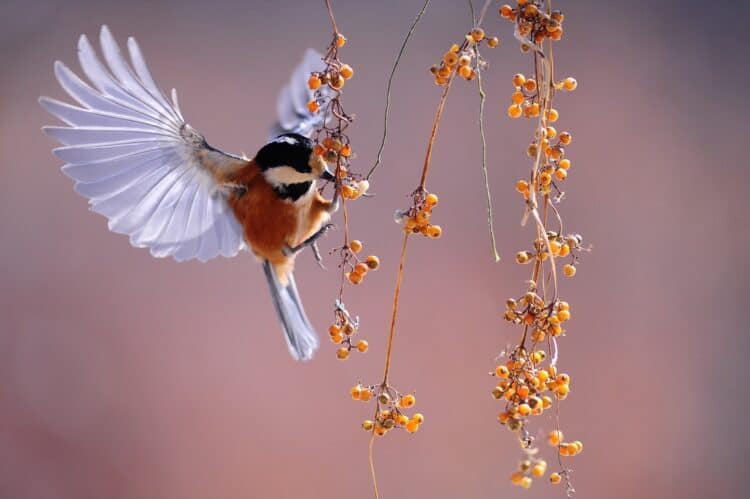
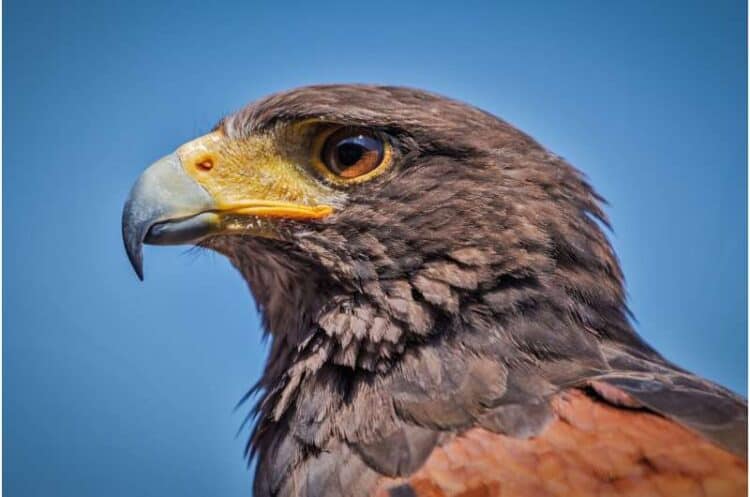
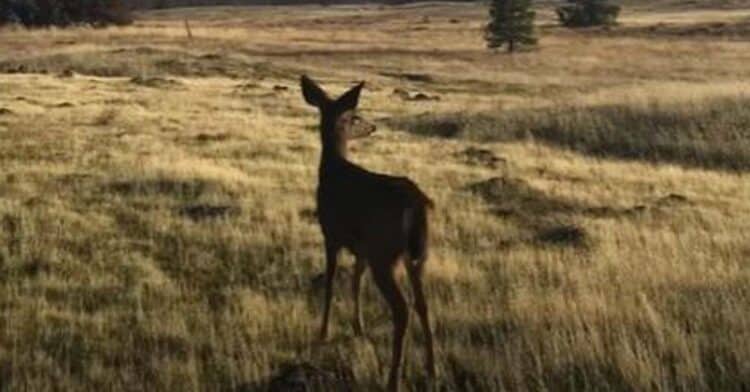
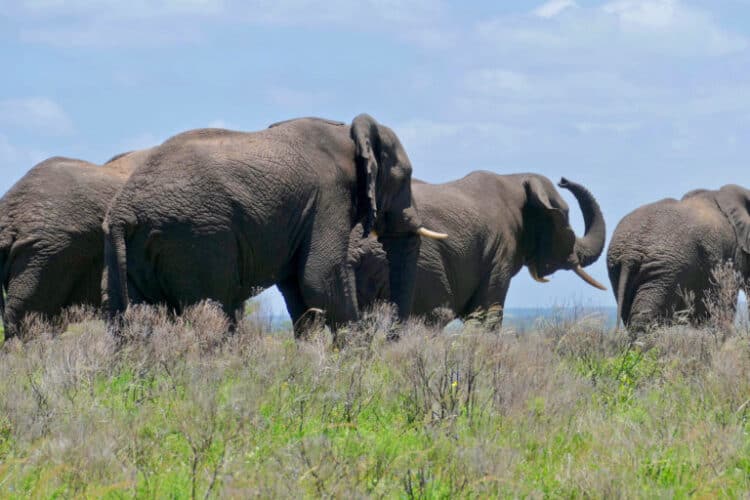

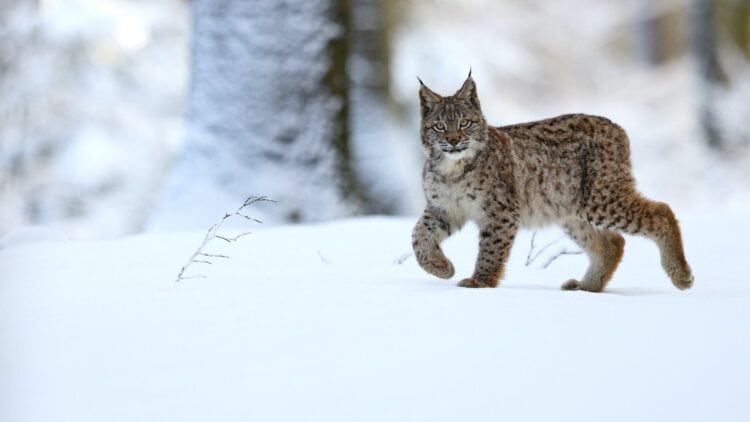
Leave a Reply